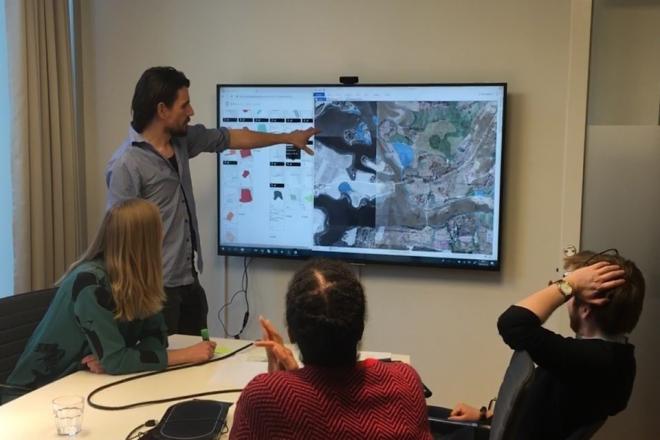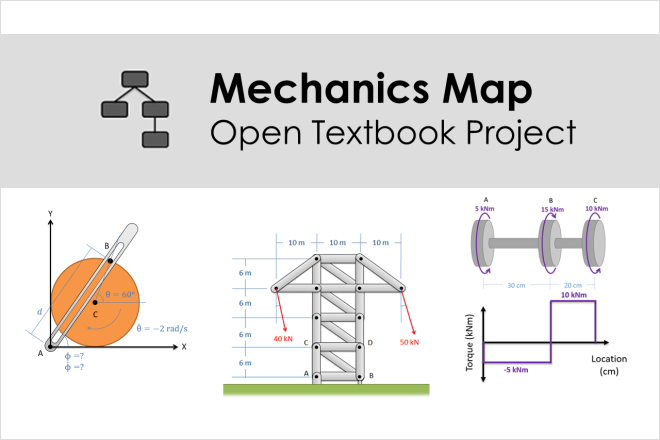Geodesign History, Theory, Principles

Photo credit: Filip Linders, MSF/Doctors Without Borders/Swedish Innovation Unit (used with permission)
Resource Description
Do you believe that we can be more creative in planning our communities and protecting environments for a sustainable future? Would you like to learn a method to make a difference? One that empowers stakeholders and reduces conflict? Geodesign delivers creative solutions for environmental, economic, and social issues. This method works collaboratively across disciplines, deploying innovative technology to dynamically illustrate the impacts of alternative design scenarios. Geodesign is rooted in the physical design professions coupled with social and geographic sciences and enhanced by the latest technologies. GEODZ 511 introduces students to the multifaceted, well-proven geodesign framework grounded in a series of key decision-making steps. It emphasizes understanding both people and place through a unique collaborative method. Students learn how to work through the steps of the geodesign framework and begin to understand the process needed to make wise choices for today’s urban and rural design and planning challenges.
Learn moreMechanics Map Digital Textbook

Images from the Mechanics Map Digital Textbook are licensed under CC BY-SA 4.0
Resource Description
The Mechanics Map is an open textbook for engineering statics and dynamics containing written explanations, video lectures, worked examples, and homework problems.
The Mechanics Map Digital Textbook Project is an open digital textbook founded on the idea that expert-generated concept maps can serve as a powerful advance organizer for textbook content. The overview at the beginning of each chapter consists of a video showing how all the topics in the chapter are linked together by the author. By providing this overview, the author is seeking to help users organize the knowledge they are developing in a way that matches the expert's organization of knowledge.
Dr. Moore has been assisted by Dr. Majid Chatsaz at Penn State Scranton, Dr. Agnes d'Entremont at The University of British Columbia, Joan Kowalski at Penn State New Kensington, and Dr. Douglas Miller at Penn State Dubois.
Learn more